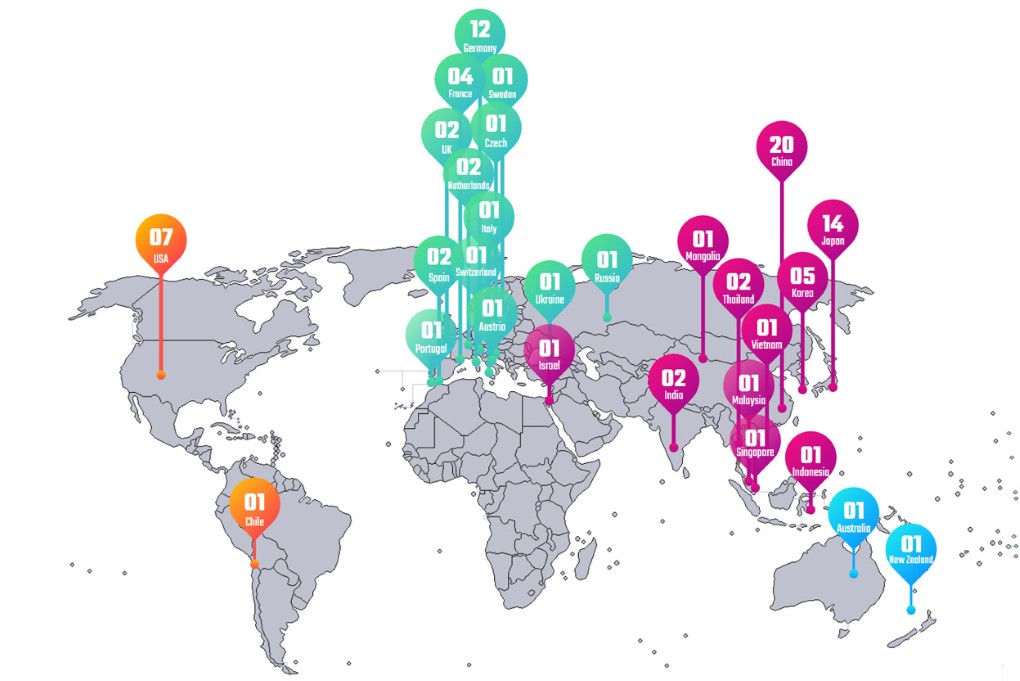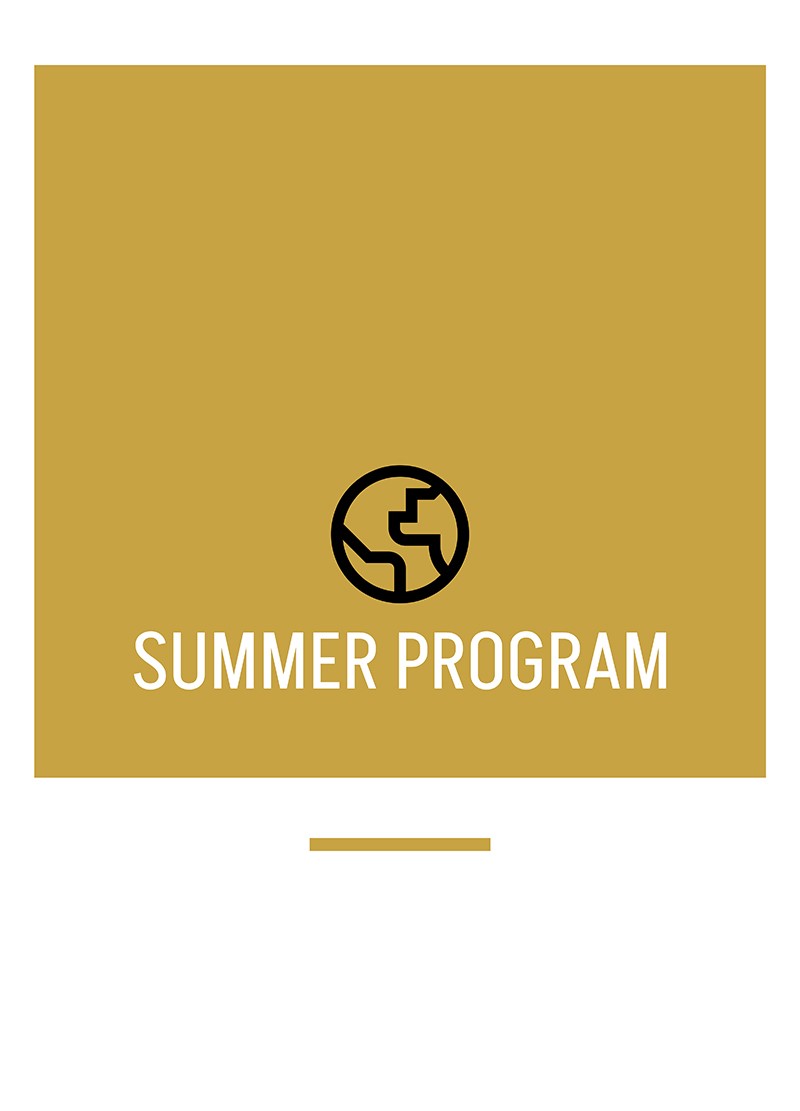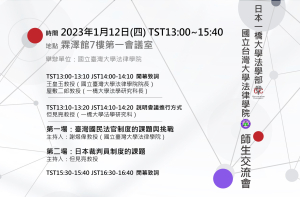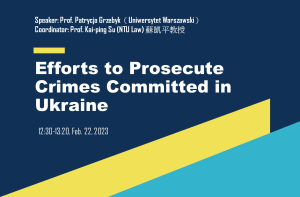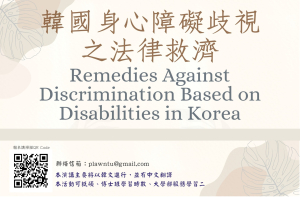eng (601)
Children categories
Summer Program (7)
College of Law Summer Program provides three weeks of intensive and substantial courses about international trade law and practice. Our top-notch instructors along with the high academic quality of our courses even allow you to obtain school credits. It is an excellent opportunity for students to familiarize themselves with theoretical and practical knowledge about international trade law and lawyering.
FEB 07 | The representatives of NTU College of Law has won 2023 Philip C. Jessup International Law Moot Court Competition and earned the Taiwan region championship.
Deadline June 16 | 2023 Japan-Taiwan Exchange Association Scholarship (Short-term International Students) Application is open!
Expired | 13:00-15:40, Jan. 12, 2023
Venue: Room1709, 7F, Tsai Lecture Hall
第一場:臺灣國民法官制度的課題與挑戰
第二場:日本裁判員制度的課題
Expired | 12:30-13:20, Feb. 22, 2023
Venue: Room1709, 7F, Tsai Lecture Hall
Speaker: Prof. Patrycja Grzebyk
Coordinator: Prof. Kai-ping Su 蘇凱平教授
Expired | 14:00-16:00, March 03, 2023
Venue: Room1710, 7F, Tsai Lecture Hall
Speaker: Prof. Bok-gi Kim
Coordinator: Prof. Sieh-chuen Huang 黃詩淳教授
More...
Additional Info
- Home Institute Kyoto University
- Visiting Term Spring 2023
- Profile https://law.kyoto-u.ac.jp/kyoin/list/inatani_tatsuhiko/
-
Course
Contemporary Issues of Modern Criminal Justice: Where Are We from, Where Are We Going?
(現代刑事司法的當代議題:吾人何去何從)
Additional Info
- Home Institute Toyo University
- Visiting Term Spring 2023
- Profile http://ris.toyo.ac.jp/profile/en.1500ead950115d80f090a220942e4e9b.html?mode=pc
-
Course
Copyright Business in the Japanese Entertainment Industry
(日本娛樂產業之著作權商務議題)
Additional Info
- Home Institute University of Stirling
- Visiting Term Spring 2023
- Profile https://www.stir.ac.uk/people/257480
-
Course
International Arbitration Jurisprudence
(國際商務仲裁法理)
Page 21 of 43


